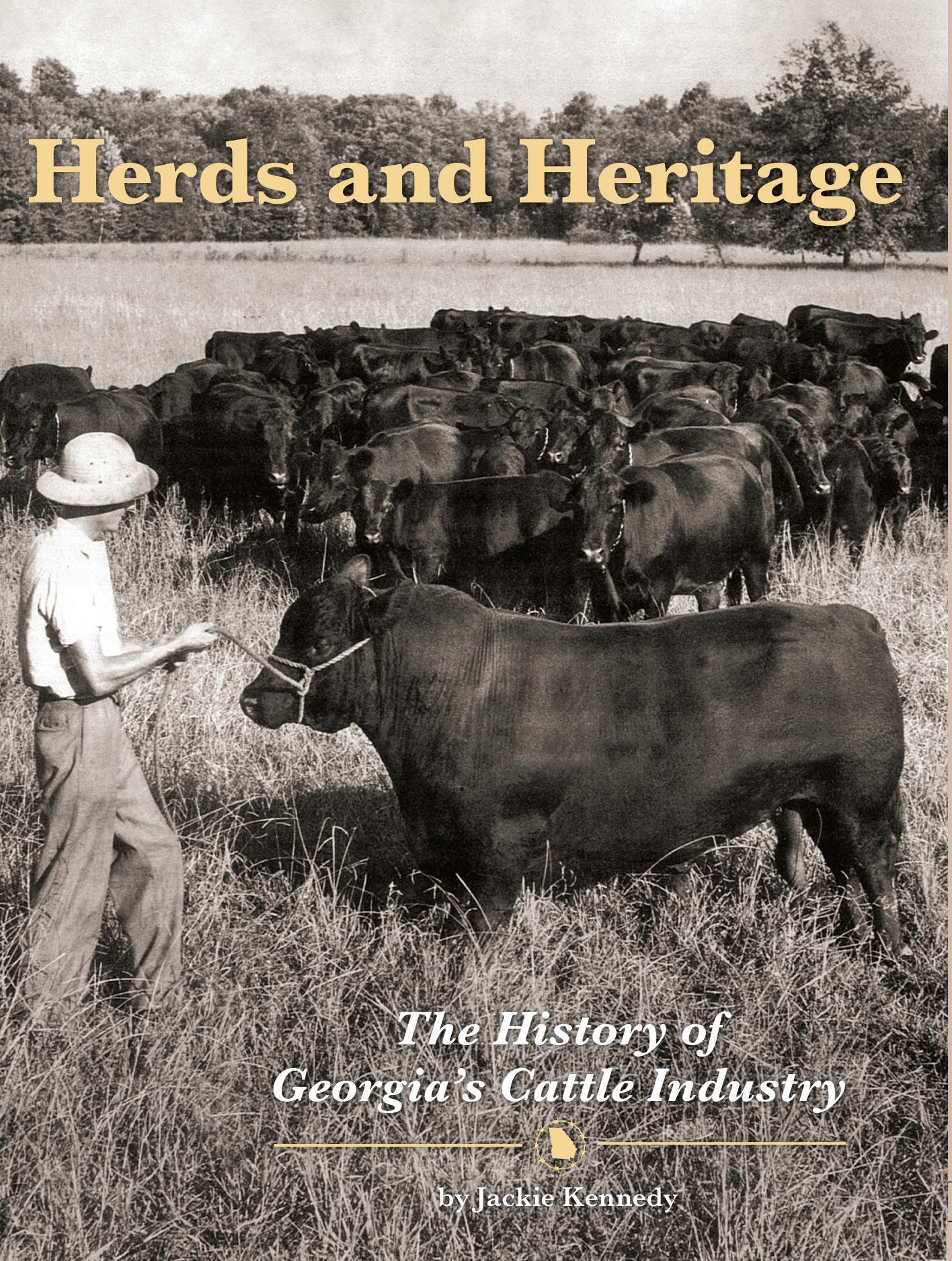
5 minute read
NCBA News & Updates
It’s Farm Bill Time
By Colin Woodall, NCBA CEO
Advertisement
Hard to believe, but it is time to start work on another Farm Bill. The current bill expires at the end of September 2023, so that does not give Congress much time to get such a large piece of legislation completed. Farm Bills have set American agriculture policy since 1933, when the Agricultural Adjustment Act was passed by Congress as part of FDR’s New Deal. That bill focused on creating programs to reduce surplus and raise commodity prices through the payment of subsidies in exchange for reducing the production of certain crops. Each Farm Bill has had its own unique impact, and as the 18th version considered since the original, there is no doubt that the 2023 Farm Bill will do the same.
Farm Bills are complex due to the sheer breadth of issues they cover. This single piece of legislation sets the tone on how the federal government structures commodity programs, crop insurance, conservation programs, and more. It is interesting to note that more than 75 percent of the 2018 Farm Bill funding went to nutrition programs such as food stamps, ofcially known as the Supplemental Nutrition Assistance Program, or SNAP. That percentage surprises a lot of people; but the general thought behind its inclusion in the Farm Bill is that urban members of Congress need to take interest in American farm policy, and the only way to do that and pass a Farm Bill is by including the programs that many of their constituents use. However, failure to pass the House’s version of the Farm Bill in the summer of 2013 demonstrated that Congress needs to make sure that they have taken care of farmers and ranchers frst. NCBA was one of the organizations that worked to defeat that Farm Bill because it failed to address our priorities. After its initial defeat in the House, the 2014 Farm Bill ultimately passed, and it ended up being the last bill where NCBA’s priorities were based on playing defense.
For years, NCBA’s mantra was to stay out of the Farm Bill. More specifcally, we have long advocated against the inclusion of a Livestock Title. It was the Livestock Title in the 2008 Farm Bill that set the stage for the GIPSA rule that took us a decade to fx. So, as work commenced on the last Farm Bill, we made the decision to change course and focus our lobbying efforts on establishing a Foot and Mouth Disease vaccine bank. Thanks to your grassroots engagement and our team in D.C., our proactive push worked. Not only did we get the vaccine bank, but having Congress focused on what we wanted kept a lot of other bad ideas from coming up.
House Agriculture Committee Chairman David Scott and Senate Agriculture, Nutrition and Forestry Committee Chairwoman Debbie Stabenow have commenced hearings to get feedback from producers on the needs for this next Farm Bill, and we will be at the table. Before we can do that, however, we need your input and guidance. Our grassroots policy process will drive our list of priorities, and that conversation will take place during the Cattle Industry Summer Business Meeting in July. Thanks to previously passed policy brought forward by the Kentucky Cattlemen’s Association, we know that risk management will be high on our list. USDA’s Risk Management Agency has several products available to help cattle producers of all sizes better manage market risk. After the past two years, we know that programs such as Livestock Risk Protection could be benefcial, but we will need to make some changes to improve it. Our policy discussion will determine those changes and give us the charge we need to get them included in the Farm Bill. Those discussions cannot happen without you – so plan on attending.
Our timing is perfect – because even though hearings have started, we must remember that a very important midterm election is coming our way in November. Farm Bills tend to add an additional level of consternation to any political environment, but especially to one that is uncertain. There is nothing more uncertain right now than who will control Congress next year. It is uncertain how much money will be available to write a new Farm Bill. It is uncertain whether they can get it done on time, especially since history says it is highly unlikely they meet the deadline. Regardless, we will be prepared to engage with Congress and use this critical piece of legislation to help you and your operation.
Total price of $65 includes book, sales tax, postage, shipping and handling.
To order your copy: visit www.georgiacattlemen.org, complete and mail in this form with your payment or call 478-474-6560
Herds and Heritage: Te History of Georgia’s Cattle Industry is possibly the most noteworthy project undertaken by this organization and its members to document the history of cattle in our great state. Noted historical writer Jackie Kennedy has spent the past two years extensively researching the project while conducting over 140 interviews with breeders, academics and industry leaders to accurately record the many notable contributions that Georgia cattle and its people have made within the cattle industry on a state, regional and national level. Te result is an extraordinary, one-of-a kind book that traces the arrival of the frst cattle to enter the state to the present-day, modern beef and dairy industries of the 21st century. It’s a book about the pioneers who centuries ago brought into existence a livelihood and way of life that defnes us and our heritage today. It’s a book about cattle and cattle people, chronicled in 304 pages and captured forever by over 300 photos and images. We are confdent this history book will be one that you and your family will cherish for generations to come.

Make your check payable and mail to: Georgia Cattlemen’s Foundation | P.O. Box 27990 | Macon, GA 31221










